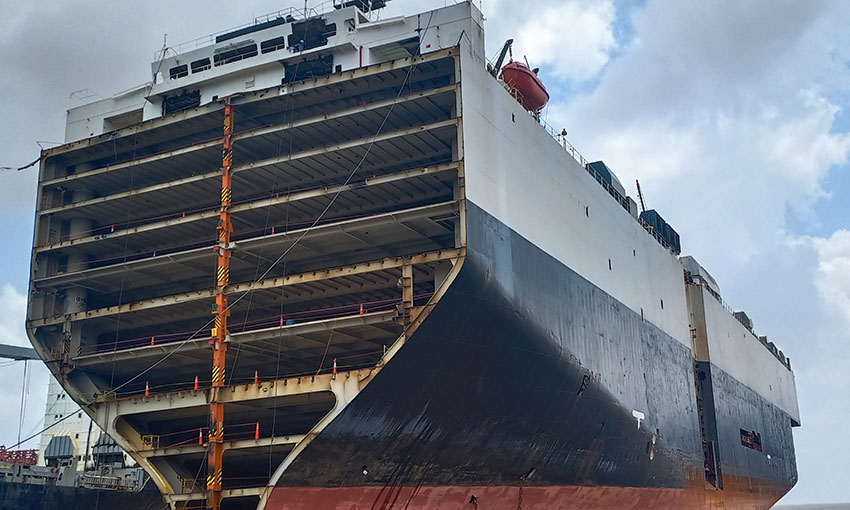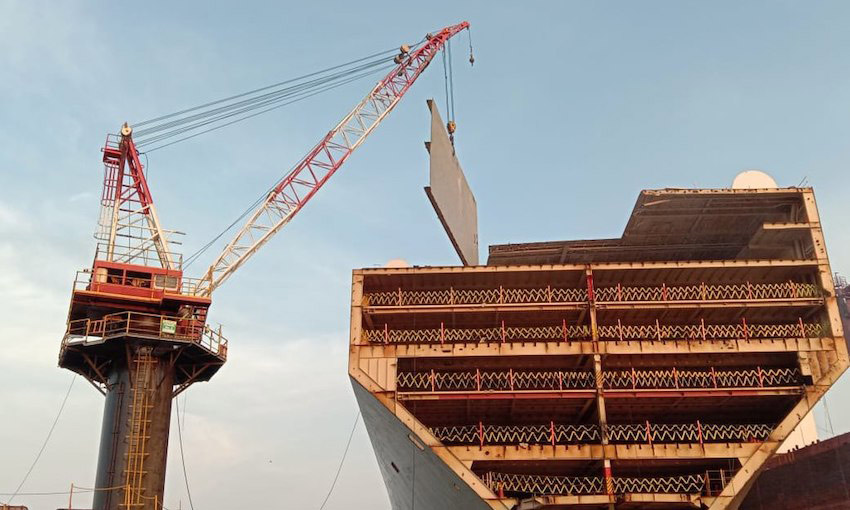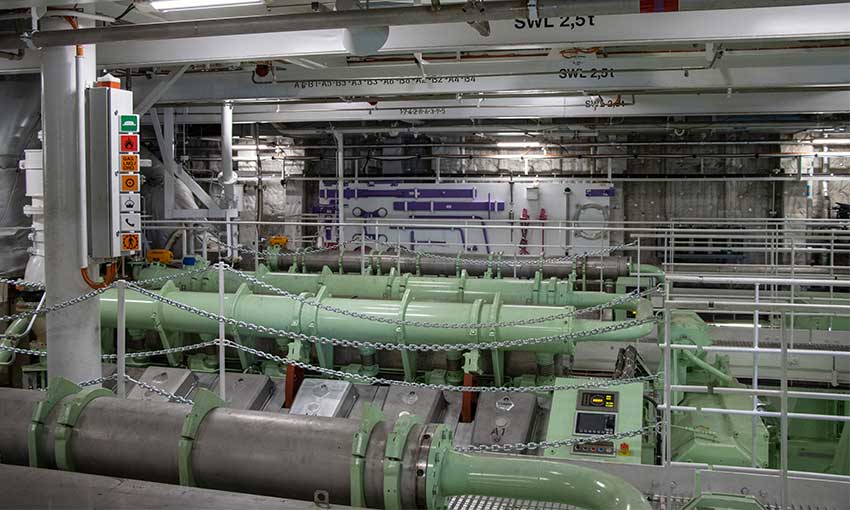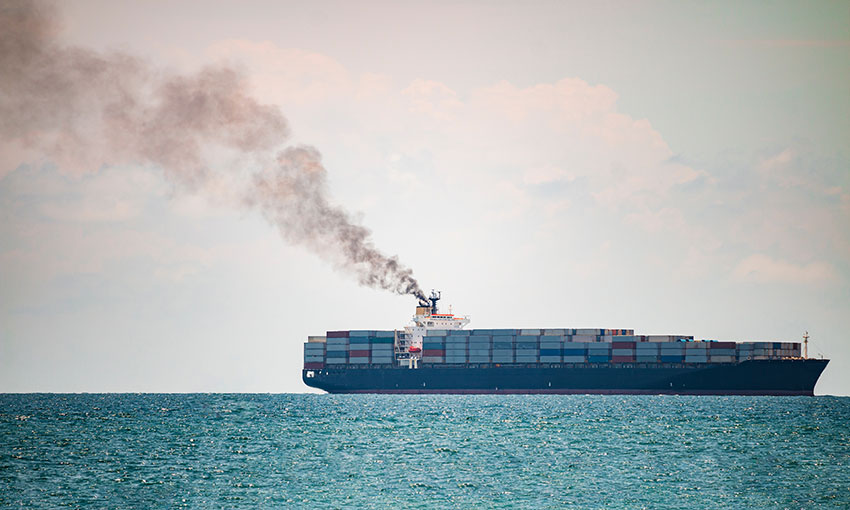BANGLADESH has ratified the Hong Kong International Convention for the Safe and Environmentally Sound Recycling of Ships.
The International Chamber of Shipping has welcomed what it said was “the leadership shown by [a] principal ship recycling country.”
The ICS said 20 countries have ratified the Hong Kong International Convention, accounting for around 30% of all merchant shipping’s combined gross tonnage. With Bangladesh’s commitment, this brings the requirements for convention being fulfilled to enter into force a step closer.
The convention must be ratified by at least 15 nations, accounting for 40% of global commercial shipping by gross tonnage, with a combined maximum annual ship recycling volume of not less than 3% of their total tonnage, in order to come into force.
ICS senior manager (environment and trade) John Stawpert said Bangladesh shows leadership by committing to ratify the convention.
“Our industry is international and ship recycling can only be effectively governed through a global system,” he said.
“Regional systems that ignore the economic realities of the industry are easily circumvented and this positive development will guarantee sufficient compliant recycling capacity under the oversight of national authorities and the United Nations regulator, the International Maritime Organization.”
The ICS said ship recycling will become increasingly important as industry pushes forward with its decarbonisation trajectory.
The existing fleet will be decommissioned in the coming years and replaced with more environmentally friendly vessels.
Through the ratification of the Convention a supply of vessels for facilities that are compliant with the Hong Kong Convention will be guaranteed.
Mr Stawpert said in 2018 Bangladesh committed to ratifying the Hong Kong Convention by 2023 through its Ship Recycle Act, which preserves the terms of the Hong Kong Convention into national law, and Bangladesh began the process of improving its recycling capacity with its adoption.
“As with all parts of the maritime industry, ship breaking and recycling was impacted by the changes and challenges created by Covid-19 and this interrupted progress in improving facilities in Bangladesh to the programme defined in the act,” he said. However, the two-year entry into force
“period following ratification of the convention will allow those who suffered a shortfall in improvements due to this to catch up in terms of investment, infrastructure and training, and this can be assisted with funding from existing technical cooperation mechanisms.”
Mr Stawpert said environmental, social and governance factors and demands from charterers and customers has meant that Hong Kong Convention compliance has been the growing standard for sales for ship recycling and the process of recycling itself.
“Ratification by a major ship recycler such as Bangladesh further confirms this trend, and the entry into force of the convention will create the global level playing field that has been evolving for a generation,” he said.
“Compliance with the requirements of the convention will therefore be essential for ship recyclers to secure their market share in the future.”





